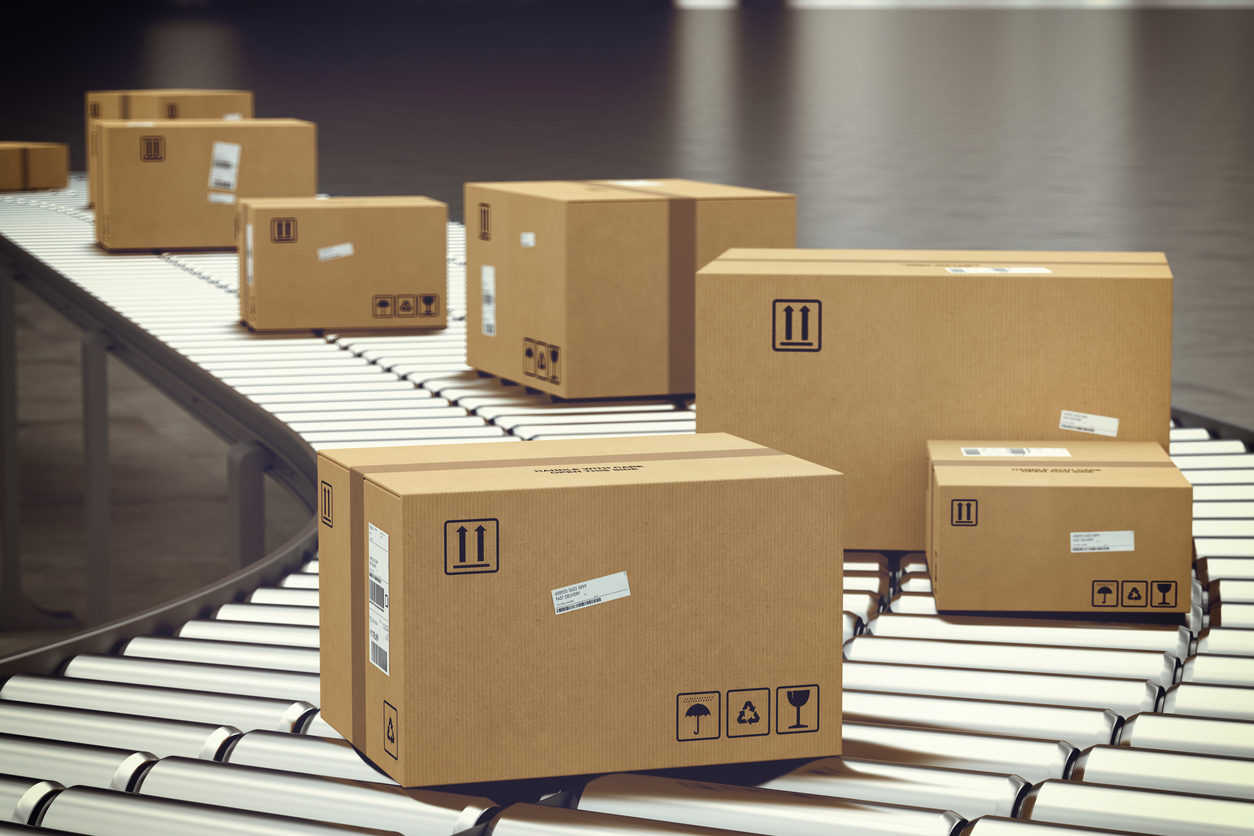A conveyor system is a piece of equipment that is used to package or move products within a business. When most people think about conveyors, they imagine the heavy machinery used in industries. While this is partially true, even small businesses use conveyors for ease of packaging and transporting products. Conveyors are extremely useful in companies that manufacture and produce products in diverse industries.
Unlike ordinary conveyors, industrial ones are built with heavy-duty materials to withstand the intense workload and ensure long-term use.
What to consider when buying a conveyor for your business.
Apart from costs, there are other important aspects of a conveyor.
Speed – how many products do you need to be moved in a minute or an hour will depend on the speed of the system.
Power – the size of the motor determines the power of the machine which determines speed and workload. There also those that can be moved manually.
Noise level – if you are in a residential area then you can’t buy a noisy system or else you will get a visit from environmental regulatory bodies.
Size of the conveyor – the size of the room where you plan to use is also crucial. It should be spacious enough to allow movement when a conveyor is installed.
Operational costs – you will need to maintain the conveyor regularly to prevent breakdown. A system may be cheap, but then the operational cost becomes too expensive. You would rather buy an expensive one that will cost less to maintain.
Types of Conveyors
There are many types of conveyors for a wide range of business uses available in the market today. Here are just some of the common ones:
- Slat conveyors – They use wood or steel to convey products. They are most suitable for heavy and large items like drums, steel mills or pallets and crates. Built for industrial use, they can withstand constant wear and tear.
- Belt conveyors – These are the most common of conveyors in most companies. They are utilizing a continuous belt to move the product. Just as the name, they come in different belt types, length, and width.
- Beltless magnetic – These conveyors use magnets that are stationed below the tables to transport magnetic products. They come in different shapes and sizes.
- Bucket conveyors – They used to deposit materials in a bucket-like container in the intended measurements during production. Most of them can be positioned at different levels when needed.
- Overhead conveyors – specifically used to hang materials for cooling or drying purposes.
- Other significant types of conveyors are; powered roller, screw, wheel, drag, chute etcetera



 Bitcoin
Bitcoin  Ethereum
Ethereum  XRP
XRP  Tether
Tether  Solana
Solana  USDC
USDC  TRON
TRON  Lido Staked Ether
Lido Staked Ether  Cardano
Cardano  Avalanche
Avalanche  Toncoin
Toncoin